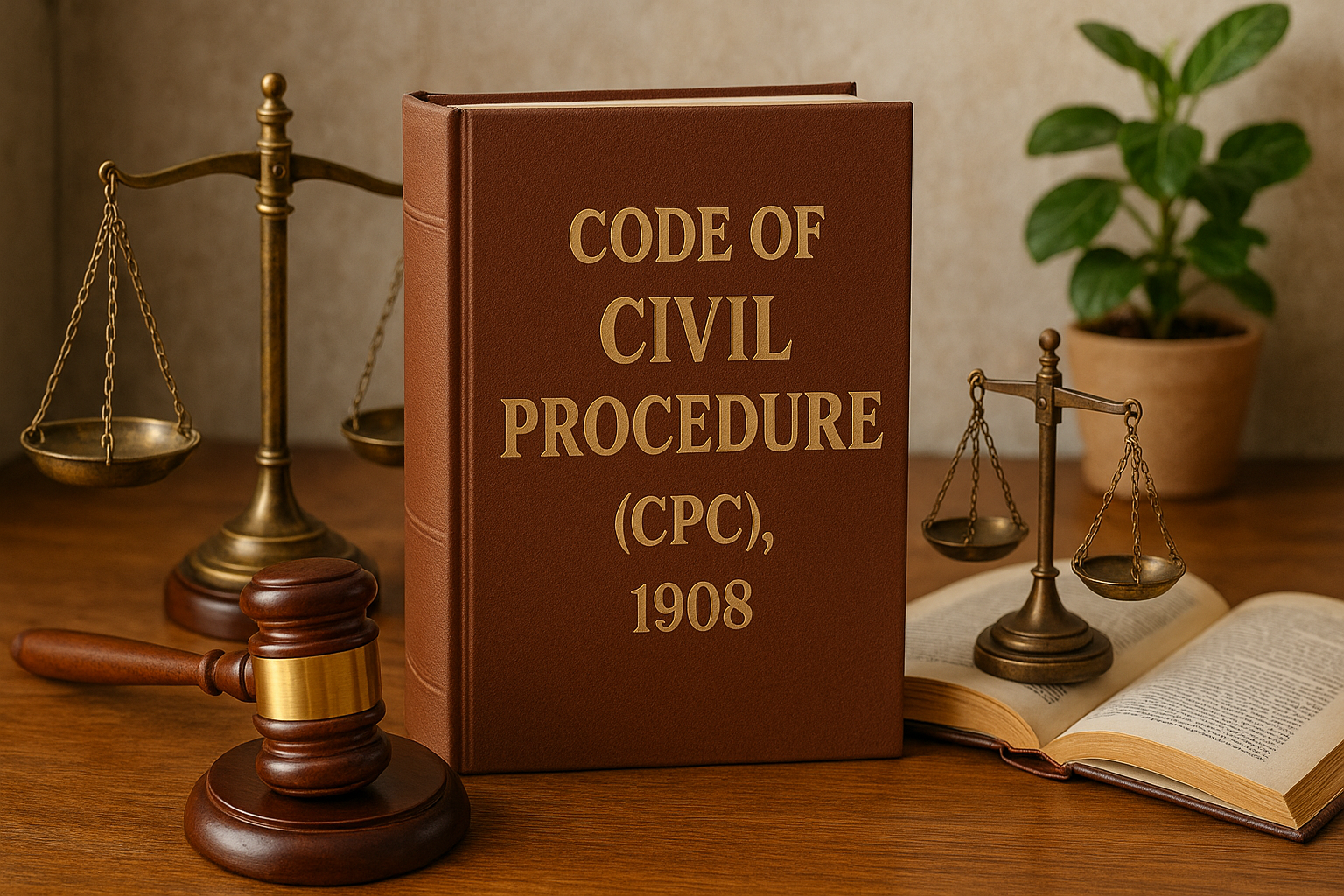Legal Provision: Section 9 of the CPC
“The courts shall (subject to provisions herein) have jurisdiction to try all suits of a civil nature except those which are expressly or impliedly barred.”
What is a ‘Suit of Civil Nature’?
A “suit of civil nature” refers to a legal dispute involving the private rights and obligations of individuals, where the primary remedy is civil—such as compensation, declaration, injunction, possession, etc.
It excludes matters of criminal, revenue, or political nature, but it may still include religious or caste-related rights if they involve civil consequences.
Key Features of Civil Nature Suits
| Feature | Description |
|---|---|
| Involves civil rights | Relates to property, contracts, reputation, family rights, etc. |
| Parties are private persons | Typically between individuals or legal entities |
| Relief sought | Compensation, injunction, declaration, or possession |
| Includes religious rights | If civil consequences are involved (e.g., right to worship) |
Explanation Clauses to Section 9
The CPC adds two explanations to clarify the meaning of civil nature:
-
Explanation I: A suit in which the right to property or office is contested is a suit of a civil nature even if it depends entirely on religious rights.
-
Explanation II: A suit involving the right to worship or to take part in a religious ceremony is also a suit of a civil nature.
✅ Therefore, religious disputes can be civil if they affect personal rights.
Examples of Suits of Civil Nature
| Included (Civil Nature) | Excluded (Not Civil Nature) |
|---|---|
| Disputes over property or land | Criminal complaints (theft, assault, etc.) |
| Recovery of money under contract | Offences under IPC or CrPC |
| Injunction against illegal construction | Disputes purely about rituals with no legal right |
| Right to manage a religious institution | Political disputes or election petitions |
| Declaration of right to perform temple duties | Administrative orders of government |
When is a Suit Barred?
Even if a case is civil in nature, Section 9 will not apply if:
-
The suit is expressly barred by another law (e.g., special tribunals)
-
The bar is implied, meaning the subject matter is handled exclusively by another authority
Example: A land acquisition dispute must go to a Land Acquisition Tribunal, not a civil court.
Important Case Law
P.M.A. Metropolitan v. M.M. Marthoma (1995)
Held that suits involving religious office with civil consequences are of civil nature and maintainable under Section 9.
Ramesh Chand Ardawatiya v. Anil Panjwani (2003)
Confirmed that civil courts have wide jurisdiction, unless specifically excluded.
Conclusion
Section 9 CPC affirms the broad authority of civil courts to handle almost all private disputes unless a specific law removes that power. Students must remember:
-
The test is whether the dispute affects civil rights
-
Religious or ceremonial issues are not excluded, as long as civil consequences are involved

